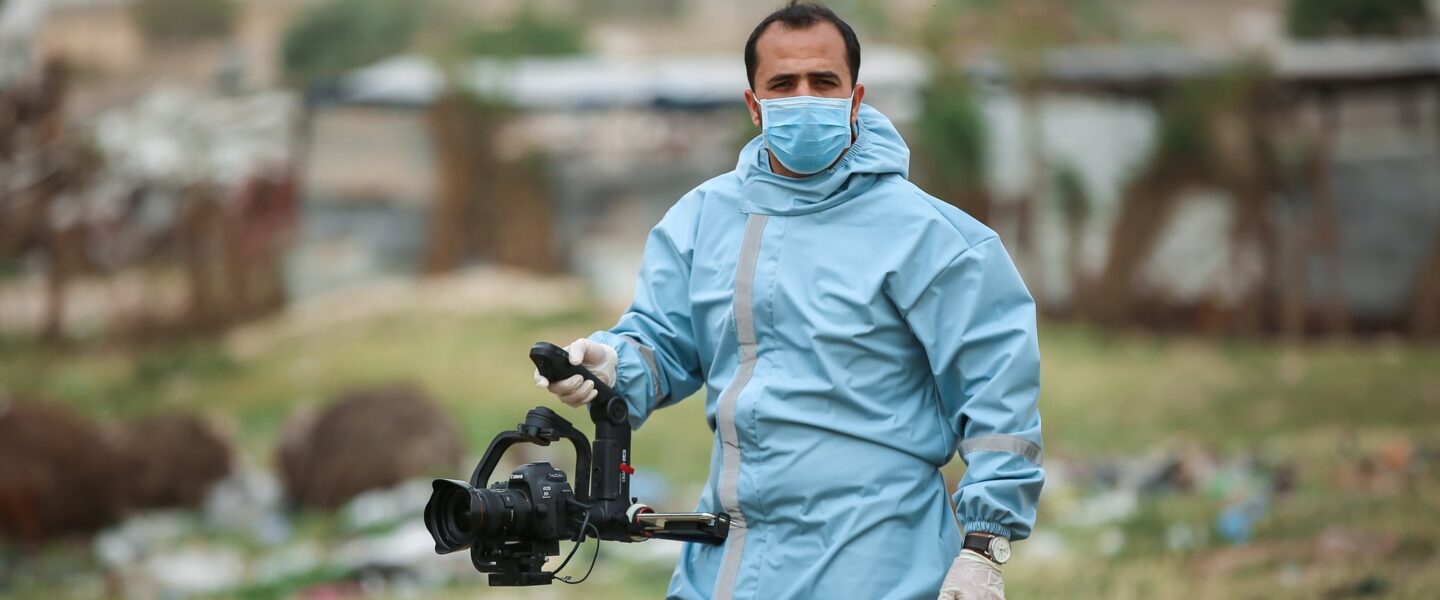Journalism is a cornerstone of democracy, informing citizens on important issues and events and providing an unbiased perspective. However, in the modern world, journalism faces a number of challenges that threaten its ability to fulfill this role. From declining public trust to the rise of fake news, there are many issues that must be addressed if she is to remain viable. In this article, we will explore some of the most pressing problems.
One of the primary issues is a lack of trust in media sources. As technology has advanced, it has become increasingly easy for individuals to spread false information and create “fake news” stories. This has led to many people viewing news sources with a skeptical eye, and in some cases, outright distrusting them. This lack of trust can make it difficult for journalists to do their job, as readers may be unwilling to accept the facts that are presented.
Another major challenge is the rise of digital media. With the advent of social media, news outlets have had to adapt quickly to a new landscape in which readers expect instantaneous updates and engagement with content. This has led many traditional media outlets to struggle to keep up with the competition , as they are unable to adapt quickly enough. Additionally, the rise of digital media has made it easier for individuals to spread false information without any fact-checking or oversight.
Journalistic investigations are an important part of journalism and involve reporters digging deep into a story to uncover the truth. This type of reporting can reveal hidden information, corruption, violations of regulations or laws, and other wrongdoing that might otherwise stay hidden. It gives a voice to those who may not be able to speak up for themselves, and it holds powerful people and institutions accountable.
However, investigations can be dangerous for the reporters involved, as they often have to face powerful interests or risk their own safety. Furthermore, these investigations require a great deal of time and resources, which are in short supply for many news outlets. This can make it difficult for investigative to pursue stories that could uncover important information.
Media coverage of emergencies
Media coverage of emergencies is a critical issue. In today’s world, news moves at lightning speed and can spread around the globe in an instant. With this comes the potential for misinformation, sensationalism, and fearmongering to dominate the news cycle.
This can have serious consequences when it comes to emergency situations, as inaccurate stories or exaggerated reports can lead to misunderstandings or panicked reactions. It is essential that news outlets are held accountable for the accuracy of their reporting in these situations.
New opportunities and problems of modern photojournalism
Photojournalism has been around since the invention of photography, but its capabilities and practices have grown significantly with the advent of digital technologies. In today’s world, they are capable of capturing more powerful images than ever before in order to tell stories that engage viewers and draw attention to global issues.
However, as technology advances, photojournalism also faces a number of challenges and opportunities. For instance, the rise of social media has given photojournalists access to a larger audience and the ability to reach people faster than ever before. On the other hand, it has also made it easier for individuals to manipulate photos and create “fake” content. Additionally, as more publications move away from print media, they must find new ways to monetize their work and ensure that it is properly credited and paid for.
Development of environmental journalism
She is the practice of reporting on environmental issues and topics that affect our world. It includes reporting on climate change, natural disasters, renewable energy, sustainability and more. Environmental journalism has been a growing field in recent years as the global community has become increasingly aware of our planet’s fragile state.
The purpose is to bring awareness to environmental issues and to inform the public of possible solutions. Journalists have an important role to play in pushing for environmental action and progress, and they can do so by providing accurate and unbiased reporting on these topics. As such, it is essential that they are well-educated on the science behind these issues and are willing to take a stand against those who would deny or manipulate the facts.
This is still a relatively young field, but it is becoming more important as the effects of climate change become increasingly evident. It is essential that journalists are well-equipped to handle this issue and its complexities in order to effectively communicate with their audience.
The concept of freedom of the media as a constitutional guarantee of the professional activities of a journalist
The concept of freedom of the media is one of the fundamental principles, enshrined in the Constitution of many countries around the world. It is a guarantee that journalists are allowed to report on and share information without fear of censorship or reprisal. This right enables journalists to carry out their professional duties without interference from government authorities or other powerful actors.
Freedom of the media is essential for upholding the principles of democracy, as it allows for the public to be informed about matters of importance and make their own decisions about what to believe and support. It also protects them from unjust punishment or retribution for reporting on controversial topics.
At the same time, freedom of the media carries with it certain responsibilities. They must ensure that they are reporting accurately and in an ethical manner.
